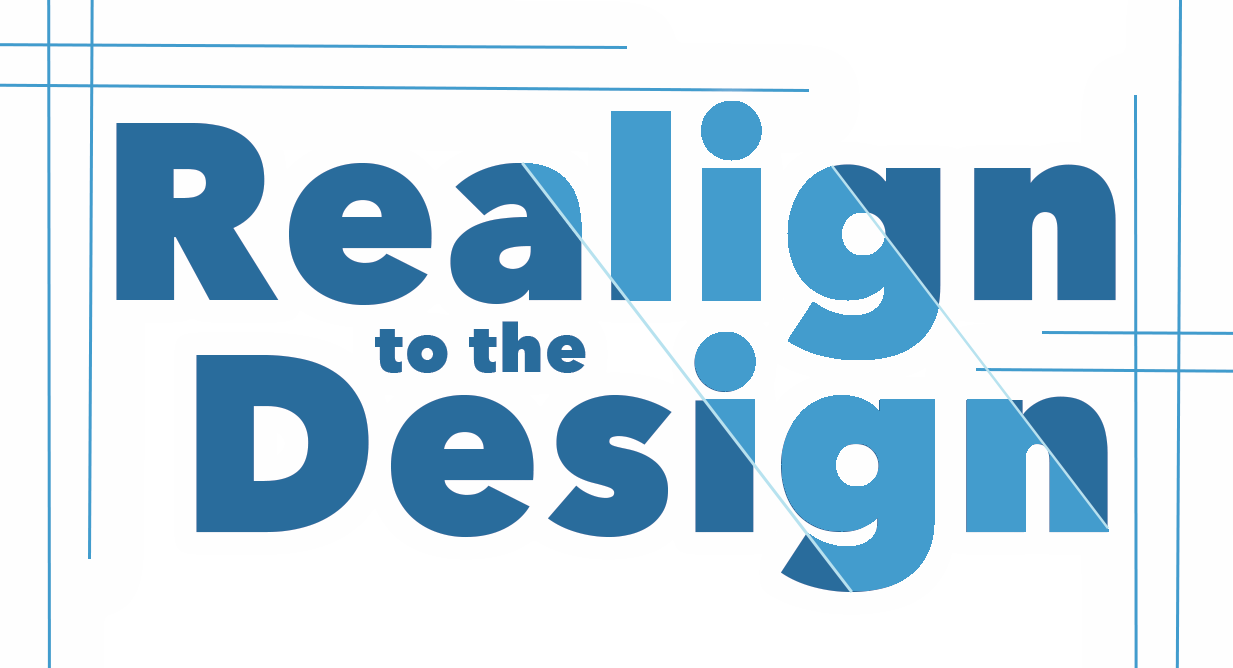Charles Duhigg has written a very helpful book called The Power of Habit. It looks at how habits are formed and how to change them.
Some key things to remember: He describes the 'habit loop': Cue, Routine, Reward. The 'Cue' might be something like the stress of a difficult meeting; the 'Routine' we end up repeating might be eating comfort foods and the 'Reward' is that we feel some relief. If that pattern has been used for a long time it will be difficult to change, but not impossible.
Duhigg suggests keeping the 'Cue' and the 'Reward' and inserting a new routine - in the example above, a routine that is healthier for the long haul, so you substitute exercise for food. He is careful to say that the old routine will still be there and, in the transition phase, it will be easy to slip back into the old routine.
Another key learning is what he calls 'Belief' and 'Community'. If we believe that the new routine will actually work (perhaps you've learned that research has shown exercise to be a great stress reducer). Keeping with the new routine will be easier if you actually have tested and found it to be true yourself. And finding others who share the belief, or the need to change a similar routine adds dramatically to the chance of success.
He also wrote about some very interesting research that shows willpower to be something like a muscle - the more you use it the stronger it gets. And focusing on one area of your life - exercising for stress reduction for example - can help in other areas as well. Spending time thinking about how to be successful in that area and setting yourself up for success dramatically increases the chances of improving in other areas of life you'd like to work on.

